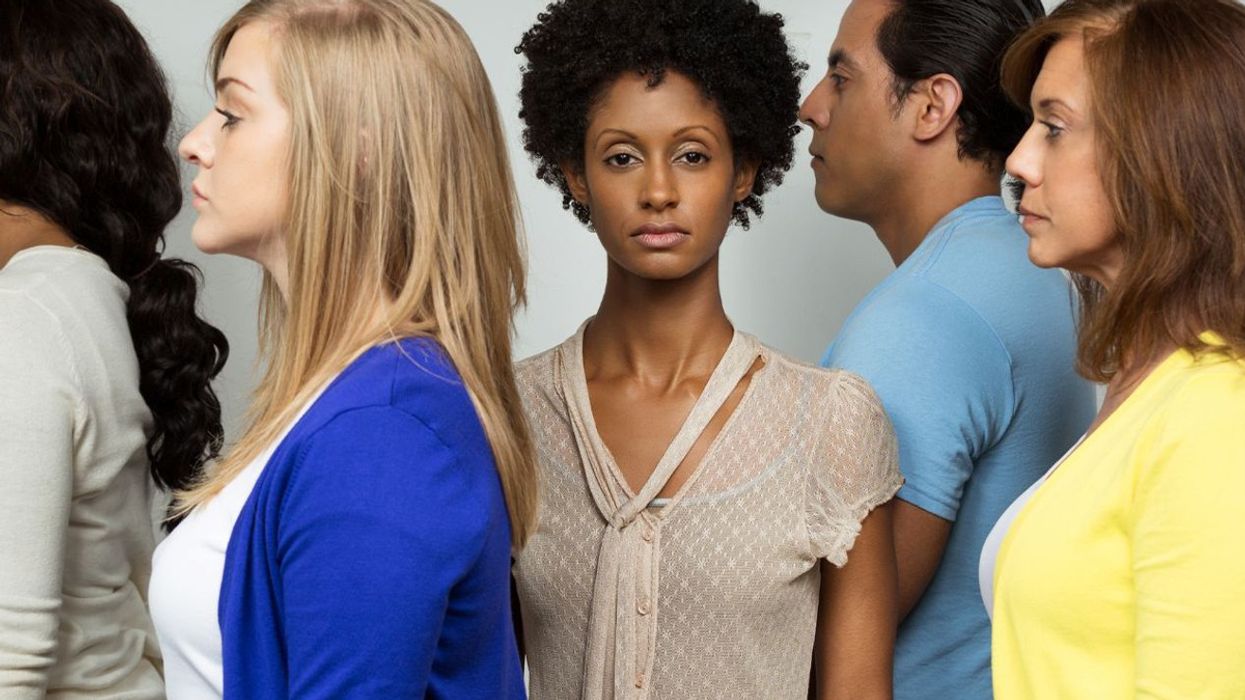Hillary Clinton lost the election. But she actually won it. Bear with us.
As if the election results weren’t already unbearable enough for half the country, now the news is official: Clinton won the popular vote over Donald Trump. The most up-to-date information estimates that Clinton will end up winning the popular vote by about 1.3 percent, making Trump only the fourth presidential candidate in American history to lose the popular vote but still end up in the White House.
All this stings even more when you realize it was 16-years-ago, just two days after the 2000 election, when Hillary Clinton formally called for an end to the Electoral College. But after the terror attacks of September 11, 2001, any momentum for drastically changing the nature of our presidential elections was put squarely onto the backburner.
You’re probably old enough to remember this happened back in 2000, when Al Gore won the popular vote by 500,000 votes but after the Supreme Court turned Florida over to George W. Bush’s campaign, the election was turned on its head.
Other than that, we have to go way back to 1888 when William Henry Harrison lost the vote but won the election. And just 12 years before that, Rutherford B. Hayes actually lost the vote by 3 points but still squeaked into the Oval Office.
So, is there any silver lining here for Clinton supporters and/or Trump opponents? Yes. The historic trend of voters moving away from the sort of political platform Trump espoused continued unabated. It’s cold comfort in the aftermath of his victory but the overall math continues to favor the policies put forth by Hillary Clinton and the Democratic Party.
Getting rid of the Electoral College is one possible path to getting there. But another, more practical path might be convincing the rest of the country to follow California’s lead and setting up independent commissions to draw non-partisan, statistic based congressional district lines across all 50 states.
















 Otis knew before they did.
Otis knew before they did.